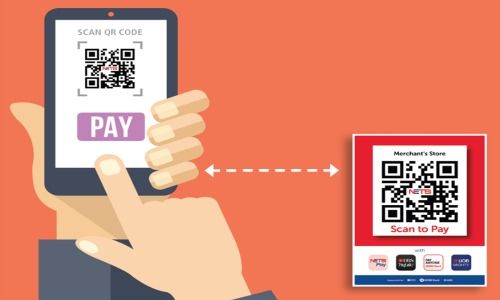Nets Bucks Up in Payment Race
Nets, an electronic payment provider in Singapore, said merchants can get terminals within one day upon submitting an online application form. The company hopes to get more customers to use its cashless services.
The move by the company drastically lowers the time for merchants to get their physical terminals, which could take up to two weeks after submitting physical forms, the company said. Since the online application option was launched last month, five percent of the new applications have been made using online forms, according to the «Business Times».
The latest service improvement by Nets is in line with similar moves by rival third-party payment providers hoping to stay ahead in the region's cashless race.
Mobile App vs Physical Cards
Last week, Nets announced the extension of NETSPay service to OCBC Bank and UOB Bank customers. NetsPay is a service that allow users to digitally store their bankcards on a mobile app. Instead of using their physical Nets bank cards, they can now make payments using their mobile phones. Previously, this service was available only to DBS and POSB customers.
NETSPay users can store up to 10 bank cards on the app, enabling them to dedicate different bank accounts for different types of purchases and to easily track their transactions on one app, the company said.
«Since NETSPay was launched in October 2017, we have already seen transactions increase 70-fold as consumers see the convenience and benefits of mobile payments at point-of-sale. We’re confident that this number will continue to grow exponentially with the addition of OCBC and UOB customers,» said NETS CEO Jeffrey Goh.
Slice of the Payment Pie
Banks and traditional payment providers are not the only ones interested to jump on the bandwagon for cashless solutions. Singapore telecom giant SingTel announced plans to roll out its own mobile wallet that can operate seamlessly across the region by the middle of this year, according to a report in the «Business Times».
By tapping on its network of regional associates, SingTel aims to let customers make cashless payments in their home currency, using their home telecommunications application, even though they may be shopping at physical stores abroad.
Cashless Race in Southeast Asia
Earlier this month, finews asia reported that Malaysia's largest bank – Maybank, had agreed to a deal with ride-hailing giant Grab to help it boost the use of GrabPay across the Southeast Asian region. In Indonesia, Grab rival Go-Jek aims to expand its cashless payment service GoPay after obtaining an e-payment license from Bank Indonesia, according to a report by «e27».
Malaysia’s central bank, Bank Negara, has been urging Malaysians to go cashless. Cash handling and related services cost about 1.8 billion Malaysian ringgit ($448 million) annually, the bank said. A shift towards e-payments could potentially generate savings of as much as 1 percent of the country’s economy.























